An ECI Conference Series
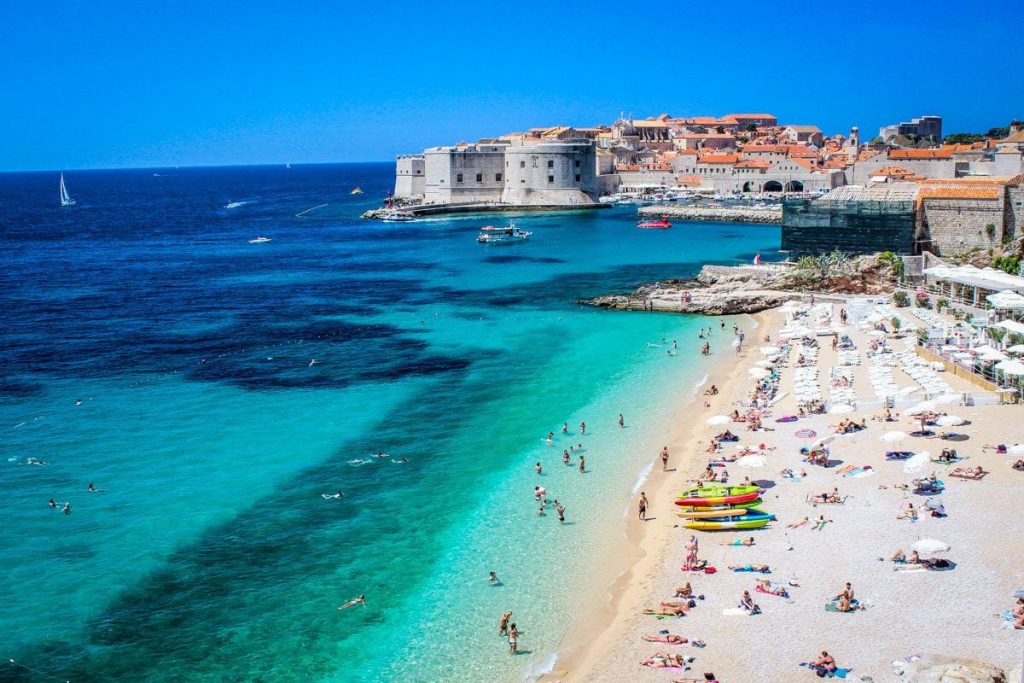
October 5-9, 2025
Dubrovnik, Croatia
About This Conference
The Integrated and Continuous Biomanufacturing (ICB) Conference is the exclusive worldwide meeting for all interested parties from industry, academia and health authorities to exchange latest advancements in this field that is revolutionizing biopharmaceutical production. The seventh conference in this series shows how quickly these developments are progressing. In previous years, there was debate about whether integrated biomanufacturing could be implemented and whether it made economic sense. Today, the discussion is about how we can achieve an autonomous bioprocess with integrated continuous biomanufacturing, commercial-scale, GMP manufacturing campaigns and the application of continuous bioproduction concepts for production of new modalities. Potential impacts on cost of goods, environmental footprint, process development approaches, and regulatory strategy will be key areas for further exploration together as a community.
ICB VII will provide a platform to exchange ideas and latest development of exciting new integrated and continuous processes including: case studies of successful implementation, applications of ICB to bionanoparticles, potential to modulate product quality leveraging ICB, advances in cell culture and high-resolution purification unit operations, and opportunities to leverage data science to better realize ICB processes. Matching the enthusiasm on the topic in the bioprocessing community, emphasis will also be placed on process modeling and new concepts of process control leveraging machine learning, artificial intelligence and soft sensors as an important element of the conference. As in previous years, strong interaction of health authorities will also help the community to understand how these new technologies can be placed within the regulatory framework.
Most of all, we look forward to the many opportunities for direct interaction between ICB VII participants.
On behalf of the ICB Conference Steering Committee, we are pleased to announce that ICB VII will be held in Dubrovnik, Croatia in October of 2025. This will return the biannual conference series to ‘odd’ calendar years. We cordially invite you to get involved in this interesting event, as a presenter, participant, sponsor, or member of the organizing committee.
Sincerely,
Irina Ramos, Kevin Brower, Mark Brower, Alois Jungbauer
Conference Chairs
Conference Organization
Conference Chairs
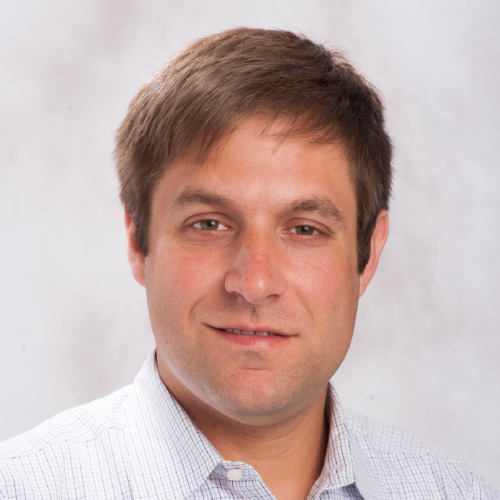
Kevin Brower
Sanofi (USA)
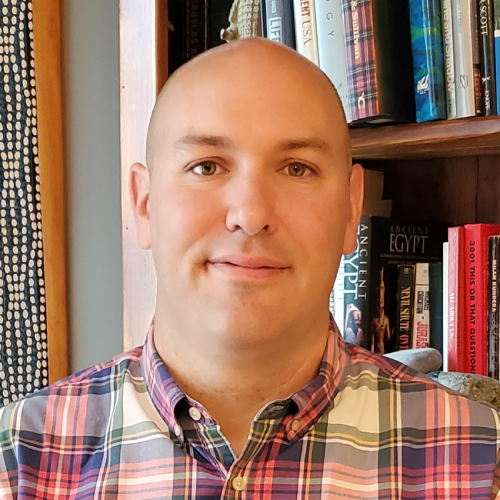
Mark Brower
Merck (USA)
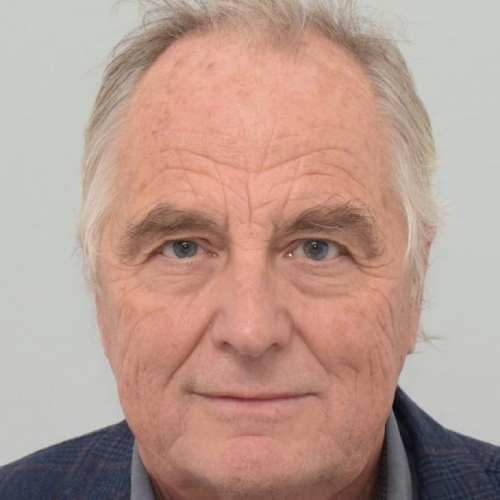
Alois Jungbauer
BOKU (Austria)
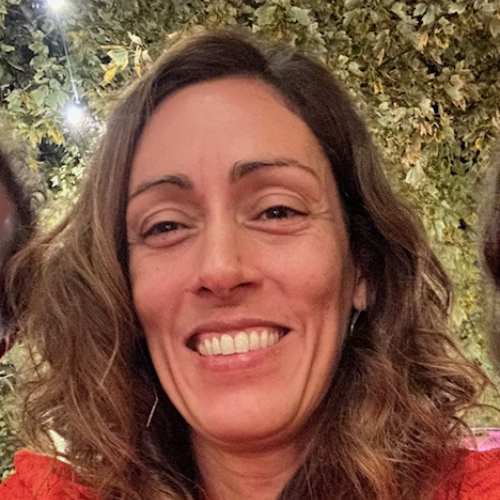
Irina Ramos
Johnson & Johnson (USA)
Organizing Committee
Veronique Chotteau, KTH Royal Institute of Technology (Sweden)
David Garcia, Novartis Pharma (Switzerland)
Eva Gefroh, Just-Evotec Biologics, Inc (USA)
Caryn Heldt, Michigan Technicalogical University (USA)
Karol Lacki, Repligen (Sweden)
Ken Lee, AstraZeneca (USA)
Dong-Qiang Lin, Zhejiang University (China)
Maria M. Papathanasiou, Imperial College London (UK)
Maarten Pennings, Biosana Pharma (Netherlands)
Nuno Pinto, Merck & Co., Inc. (USA)
Weichang Zhou, WuXi Biologics (China)
Steering Committee
Ana M. Azevedo, Instituto Superior Técnico (Portugal)
Jonathan Coffman, AstraZeneca (USA)
Charles L. Cooney, Massachusetts Institute of Technology (USA)
Rohini R. Deshpande, Amgen, Inc (USA)
Suzanne S. Farid, University College London (UK)
Chetan T. Goudar, Amgen, Inc (USA)
Alois Jungbauer, BOKU (Austria)
Konstantin B. Konstantinov, Ring Therapeutics (USA)
Aaron Noyes, Apogee Therapeutics (USA)
Gene Schaefer, NIIMBL (USA)
Jason Walther, Sanofi (USA)
Veena Warikoo, AstraZeneca (USA)
Previous Conferences in This Series
Integrated Continuous Biomanufacturing
October 20 - 24, 2013
Castelldefels, Spain
Conference Chairs:
Konstantin Konstantinov, Genzyme-Sanofi, USA
Chetan Goudar, Amgen, USA
Nigel Titchener-Hooker, University College London, UK
Integrated Continuous Biomanufacturing II
November 1 - 5, 2015
Berkeley, California, USA
Conference Chairs:
Chetan Goudar, Amgen, USA
Suzanne Farid, University College London, UK
Christopher Hwang, Genzyme-Sanofi, USA
Karol Lacki, Novo Nordisk, Denmark
Integrated Continuous Biomanufacturing III
September 17-21, 2017
Cascais, Portugal
Conference Chairs:
Suzanne Farid, University College London, UK
Chetan Goudar, Amgen, USA
Paula Alves, IBET, Portugal
Veena Warikoo, Axcella Health, Inc., USA
Integrated Continuous Biomanufacturing IV
October 6 – 10, 2019
Brewster (Cape Cod), Massachusetts
Conference Chairs:
Veena Warikoo, Roche, USA
Alois Jungbauer, BOKU, Austria
Jon Coffman, AstraZeneca, USA
Jason Walther, Sanofi, USA
Integrated Continuous Biomanufacturing V
October 9-13, 2022
Sitges, Spain
Conference Chairs:
Ana Azevedo, Técnico Lisboa, Portugal
Jason Walther, Sanofi, USA
Rohini Deshpande, Amgen, USA
Integrated Continuous Biomanufacturing VI
October 20-24, 2024
Leesburg, Virginia
Conference Chairs:
Ana Azevedo, Instituto Superior Técnico, Portugal
Kevin Brower, Sanofi, USA
Aaron Noyes, Apogee Therapeutics, USA
General Information about ECI
Engineering Conferences International (ECI) is a not-for-profit, global engineering conferences program, originally established in 1962 that provides opportunities for the exploration of problems and issues of concern to engineers and scientists from many disciplines.
The format of the conference provides morning and late afternoon or evening sessions in which major presentations are made. Poster sessions will be scheduled for evening discussion as well. Available time is included during the afternoons for ad hoc meetings, informal discussions, and/or recreation. This format is designed to enhance rapport among participants and promote dialogue on the development of the meeting. We believe the conferences have been instrumental in generating ideas and disseminating information to a greater extent than is possible through more conventional forums.
All participants are expected both to attend the entire conference and to contribute actively to the discussions. The recording/photographing of lectures and presentations is forbidden. As ECI conferences take place in an informal atmosphere, casual clothing is the usual attire.
Smoking is prohibited at ECI conferences and conference functions.

